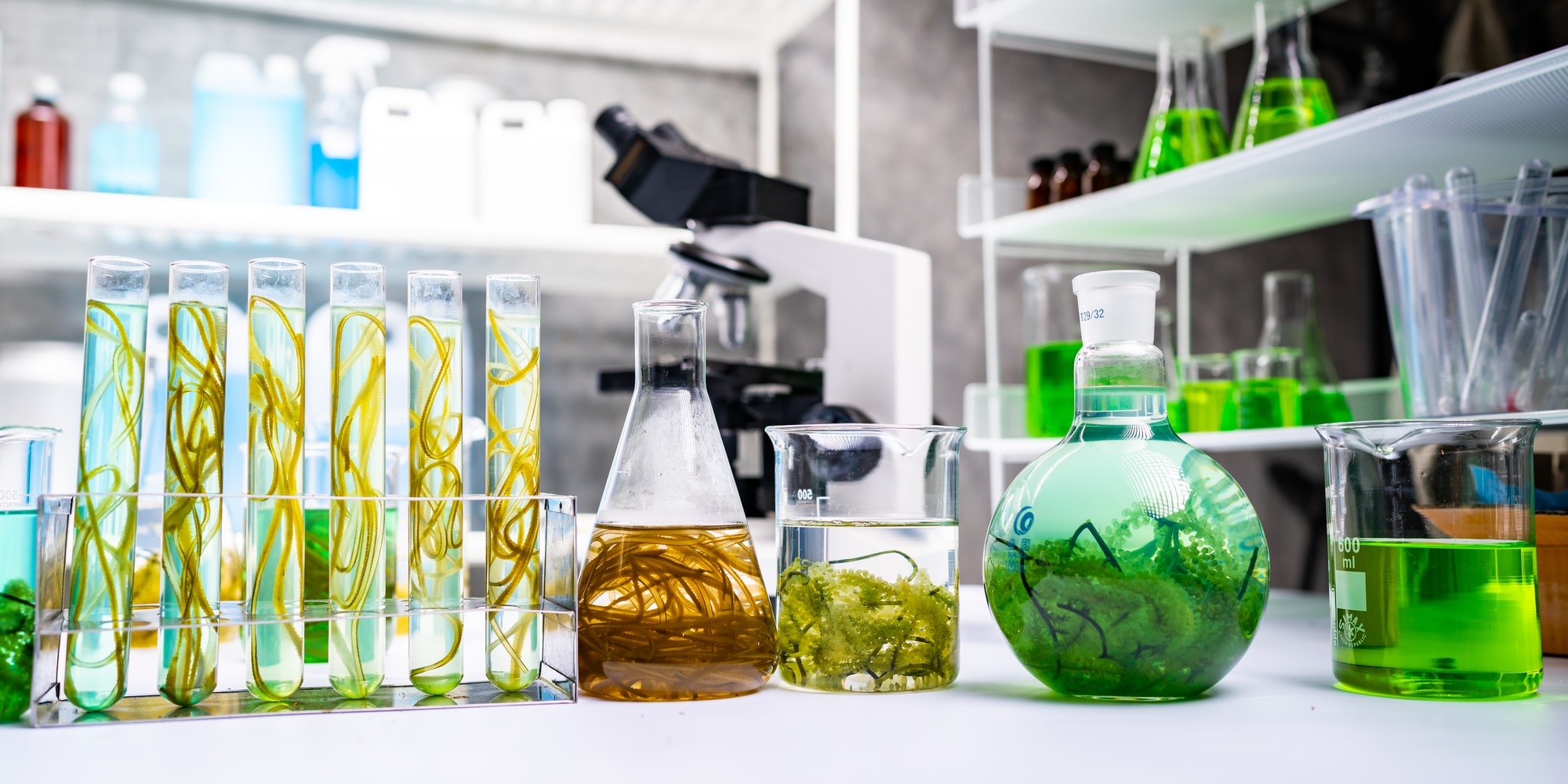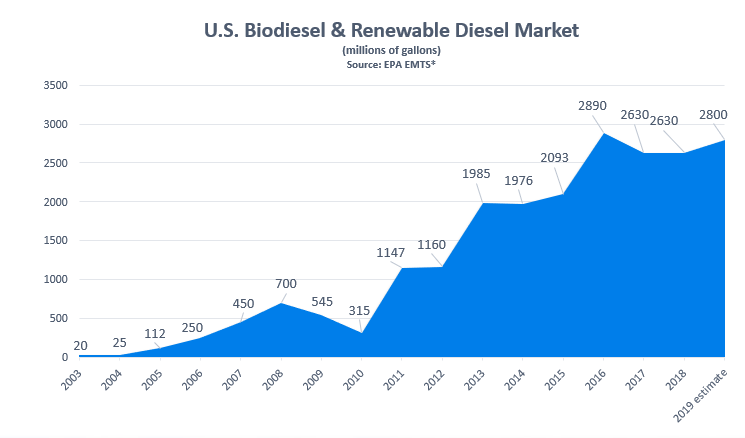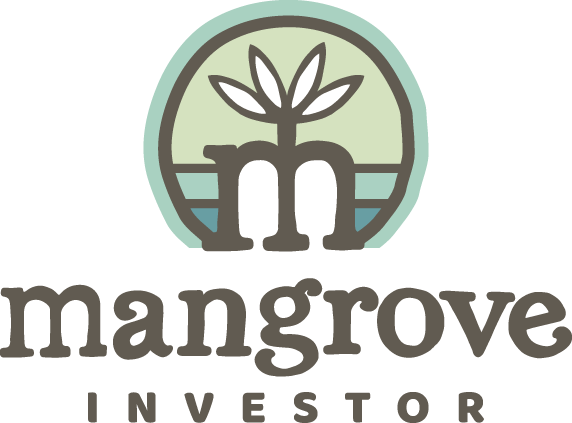

Biodiesel: a thing of the past?
The road to the future may very well be in the past.
The road to a more sustainable future will take change, technology and innovation. Fortunately, we live in an exciting time where technology and innovation are progressing at a rate faster than the world has ever seen. But sometimes if we look back it may help us to move forward. And this road may go through your neighborhood fryers.
Looking to the Past
The year was 1979 and I was working my summer away at Burger King. One day that summer, I was on fryer duty, not a favorite of mine as it included replacing the old, very dirty and messy fry oil with a new batch. The process involved bleeding the old fry oil into a special portable container we called Rover. The oil would then be poured into a 55 gallon drum out back. At some point the oil would be picked up and taken who knows where.
Well on this particular day, I was in the process of attempting to lift and pour the oil from Rover into the 55 gallon drum without making a mess of either myself or the area around the drum, when I heard someone yell out “Hey Kid!.” Startled, I swung around without spilling a drop to see someone standing next to his car. He proceeded to ask me if he could have the old fryer oil and went on to tell me how he converted his vehicle to run on this old discarded oil. At first I thought he was just kidding but as he lifted the hood of his old Mercedes he revealed the secret to his madness.
But was it madness?
I think not as biodiesel was a great way to take a waste product from one process and repurposing it for another and core to what we need today. This was a big eye opener for me and an early impression on what can be done, as he drove away with a can full of fryer oil and the smell of french fries lingering in his exhaust.
So influential, that my first new vehicle purchase was a 1983 Volkswagen Rabbit diesel, this vehicle had the highest mileage rating for its time at over 50 mpg. Not only great mileage for back then but even great when compared to today.
Every little bit matters
Look I’m not saying that Biodiesel is the end all and we can stop looking for alternatives but every little bit matters. If we can better exploit existing solutions to help us down the path then why not. Biodiesel is likely the most diverse fuel available. It’s made from a wide range of feedstocks including soybean oil, animal fats and even used Burger King cooking oil.
Biodiesel’s ability to find new uses for fats and oils makes it an ideal advanced biofuel, reducing emissions by more than 50 percent compared to petroleum. It also drives new feedstock research and development. Next-generation feedstocks, like camelina and pennycress, could also help meet energy demands in the future.
Almost too simple
Biodiesel is a relatively simple solution and not complicated by the need for emerging technologies and costly manufacturing or processing. And unlike the Mercedes Benz I came across back in 1979, today’s Biodiesel can be used in any diesel engine with little or no modification to the engine or fuel system. So, whether it is an old Mercedes Benz to motor us around town, farming equipment to plow our fields or even if we want to heat our homes, Biodiesel is a great fuel alternative.
But the benefits don’t stop there and it is not as dirty as people tend to believe. You know what I mean if you have ever been caught in that black cloud of an accelerating diesel truck in front of you. How can these things be good? For biodiesel, the answer is yes it can be good. Biodiesel is made from renewable by-products of food production and is the most diverse fuel in the world. It actually reduces greenhouse gas emissions, gives back energy to the environment and reduces smog.
Is biodiesel really sustainable?
Biodiesel in its pure form is a clean burning alternative to petroleum based diesel fuel. It is produced from renewable resources including soybean oil, animal fats and recycled cooking oil. It can be used alone or it can be blended with petroleum diesel at any proportions.
Is Biodiesel really a sustainable alternative, well if you ask the EPA they will say yes.
https://nepis.epa.gov/Exe/ZyPURL.cgi?Dockey=P1005GV9.txt
Biodiesel is the first commercially available fuel to meet the EPA’s definition of an advanced biofuel. These requirements protect our environment providing multiple benefits when compared to petroleum-based diesel fuel: Per www.biodiesel.org Biodiesel can
- Reduces lifecycle greenhouse gases by 86 percent
- Lowers particulate matter by 47 percent, reduces smog and makes our air healthier to breathe
- Reduces hydrocarbon emissions by 67 percent
- For every unit of fossil energy, it takes to produce biodiesel, 3.5 units of renewable energy are returned, the best of any U.S. fuel
It may be catching on
The biodiesel and renewable diesel industry has steadily grown over the past decade, with commercial production facilities from coast to coast. The industry reached a key milestone in 2011 when it crossed the one billion gallon production mark for the first time.
By 2015 the market doubled to more than two billion gallons. In 2019 the market was 2.8 billion gallons, according to EPA figures. The industry’s total production continues to significantly exceed the biodiesel requirement under the Federal Renewable Fuel Standard.

There is an opportunity in them fryers
The next time you’re out eating at your favorite restaurant take a good look at those fries, that same oil they were cooked in can be the same oil used to fuel your car for the ride home.
Here at Mangrove Investor we love to support our fresh farm to table restaurants but now we are really digging a new take on the concept of restaurant to tank.
For the Good
Michael Nichols


